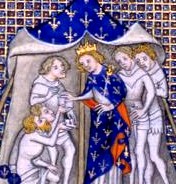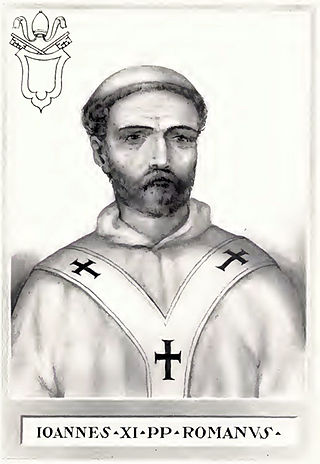| Millennium: | 1st millennium |
|---|---|
| Centuries: | |
| Decades: | |
| Years: |
| 942 by topic |
|---|
| Leaders |
| Categories |
| Gregorian calendar | 942 CMXLII |
| Ab urbe condita | 1695 |
| Armenian calendar | 391 ԹՎ ՅՂԱ |
| Assyrian calendar | 5692 |
| Balinese saka calendar | 863–864 |
| Bengali calendar | 349 |
| Berber calendar | 1892 |
| Buddhist calendar | 1486 |
| Burmese calendar | 304 |
| Byzantine calendar | 6450–6451 |
| Chinese calendar | 辛丑年 (Metal Ox) 3639 or 3432 — to — 壬寅年 (Water Tiger) 3640 or 3433 |
| Coptic calendar | 658–659 |
| Discordian calendar | 2108 |
| Ethiopian calendar | 934–935 |
| Hebrew calendar | 4702–4703 |
| Hindu calendars | |
| - Vikram Samvat | 998–999 |
| - Shaka Samvat | 863–864 |
| - Kali Yuga | 4042–4043 |
| Holocene calendar | 10942 |
| Iranian calendar | 320–321 |
| Islamic calendar | 330–331 |
| Japanese calendar | Tengyō 5 (天慶5年) |
| Javanese calendar | 842–843 |
| Julian calendar | 942 CMXLII |
| Korean calendar | 3275 |
| Minguo calendar | 970 before ROC 民前970年 |
| Nanakshahi calendar | −526 |
| Seleucid era | 1253/1254 AG |
| Thai solar calendar | 1484–1485 |
| Tibetan calendar | 阴金牛年 (female Iron-Ox) 1068 or 687 or −85 — to — 阳水虎年 (male Water-Tiger) 1069 or 688 or −84 |

Year 942 ( CMXLII ) was a common year starting on Saturday of the Julian calendar.







